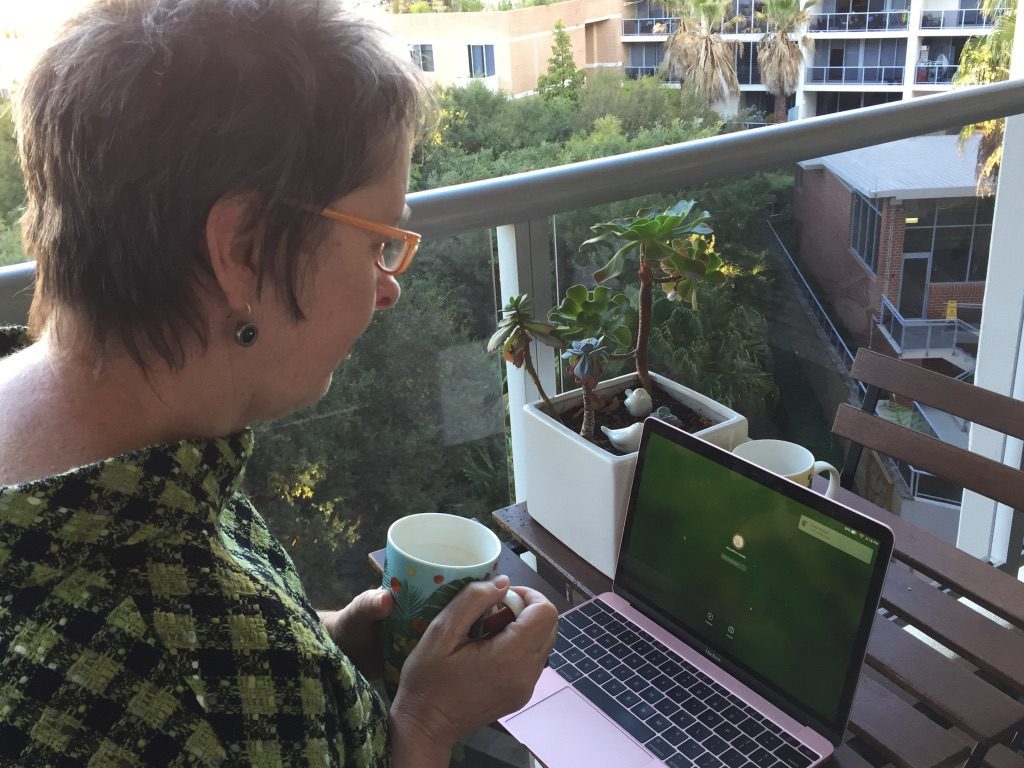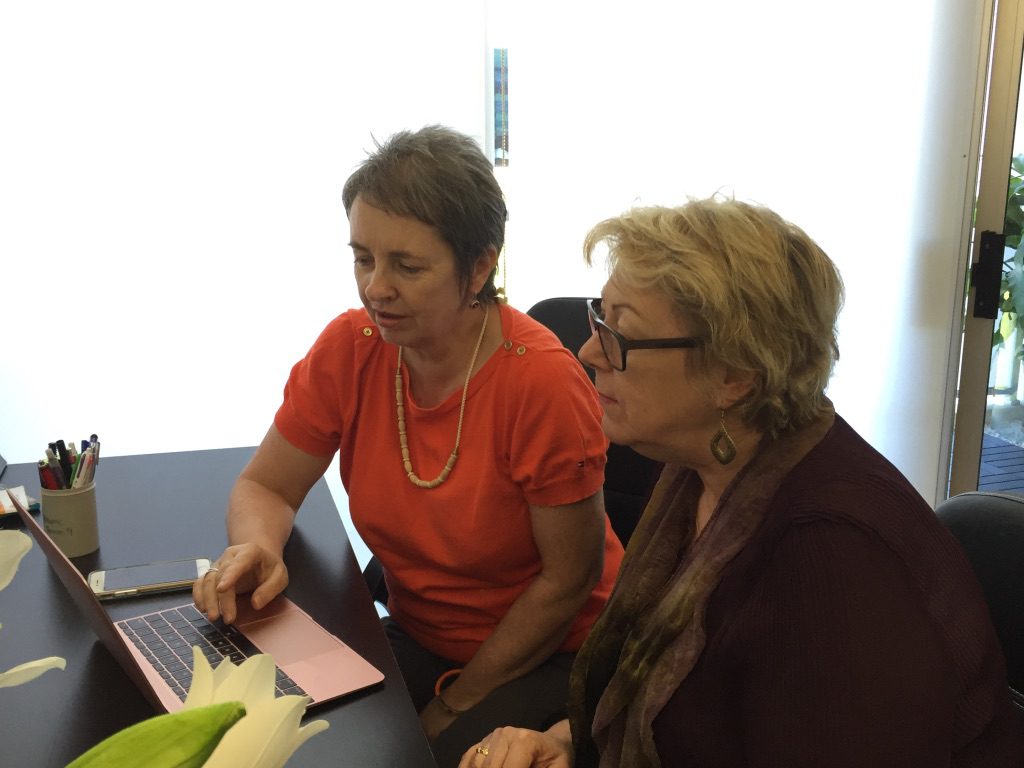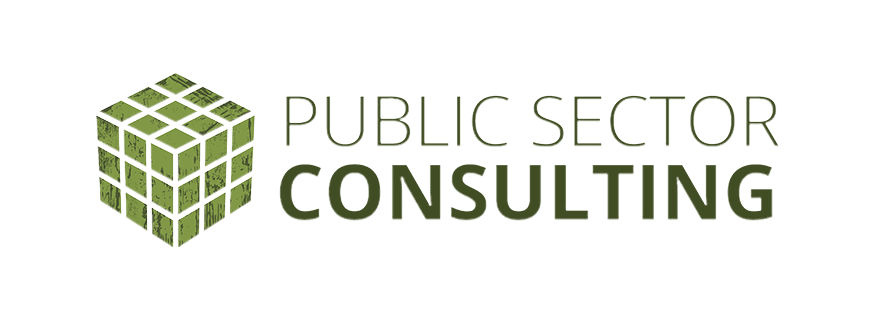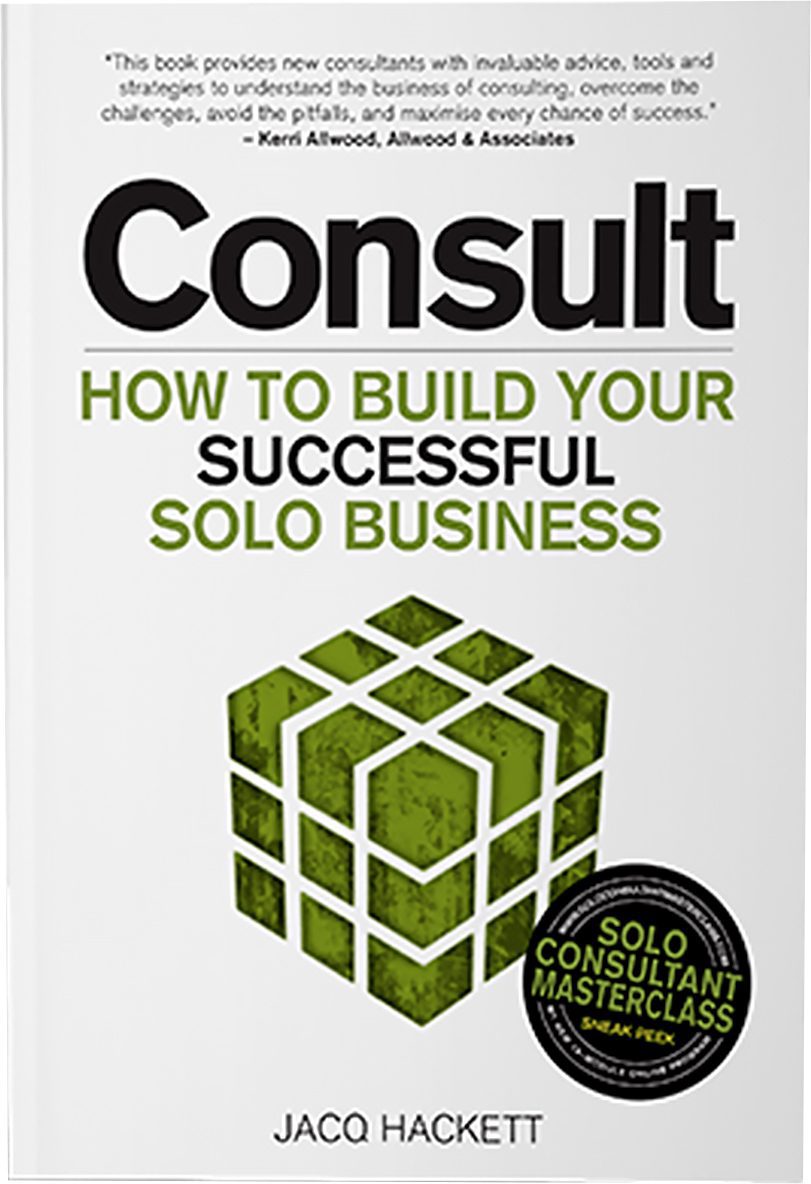If you’ve had a successful career in the government or community services sector, you might be thinking about setting up a consulting business. But are you cut out for it?
Are you cut out for solo consulting?
If you’ve had a successful career in the government or community services sector, you might be thinking about turning your considerable expertise into a successful solo consulting business. After all, there are loads of benefits – more flexibility, more money, more choice about the kind of work you take on. So potentially, more job satisfaction and the opportunity to build your ideal lifestyle business.
But are you cut out for it? Test yourself against the following seven criteria to see if solo consulting is for you.
- You cope well operating outside your comfort zone
Remember what it’s like to start a new position as an employee? There’s an orientation period where you learn about the new organisation and your new role and responsibilities. Sometimes there is even a formal induction program organised for you. There’s time to meet and get to know your new work colleagues, direct reports or team.
The longer we stay in the job, the more confident we tend to become, the more we know about the field, and the more easily some of the day-to-day functions of the role become. New situations and new problems emerge and we definitely face organisational change; but the environment remains familiar, we have solid relationships with key staff and external partners, and we have a depth of understanding of the issues and challenges.
By contrast, being a consultant is like starting a new job every few months – and with no time for orientation. You are only contracted to a client and project for a very short period before you move on to another client and another project. With each new project you take on you need to hit the ground running and get runs on the board very quickly. Consultancy projects are invariably complex and chances are the deadlines will be tight. Add to all of that the fact that you are working solo, so there’s no team to fall back on and no manager to pass the buck to.
In other words, there’s no time to get comfortable. And some people will thrive in this kind of situation and others will sink.
If you’ve moved around as an employee, this will stand you in good stead for your consultancy role. On the other hand, if you are one of those employees who has spent more than 10 years in the same job, and the majority of your career in one particular specialty area, then you might need to think a bit more carefully before making the move into the ever-changing environment of consulting.
- You have excellent credibility
There is absolutely no doubt about it – you need to bring strong credibility with you to become a successful solo consultant. Essentially you are in the business of providing ‘expert’ services, and prospective clients need to be confidant that you are capable of providing exactly that. If you don’t have credibility then its unlikely that clients will have faith in your ability to do the job and you’ll struggle to build up your business.
You need to be able to demonstrate you have:
- High level expertise;
- Breadth and depth of experience;
- An enviable reputation; and
- Connections to senior people who can vouch for you.
- You don’t mind not sticking around to see things through
Most consultants work in the short term –projects of between 2-6 months are common. An organisation generally uses a consultant for a very focused piece of work, for example to diagnose a complex organisational problem, evaluate the effectiveness of a service, or develop a strategy or plan. Once you hand over your report or recommendations, you’re off to the next project. If moving on regularly and not having to stick around for the long haul appeals to you, then consulting will be a great option. But if you’re someone who needs to have a longer-term vision and see it through to its conclusion, then maybe it’s better to look for a new strategic position instead.
- You have a solid relationship with a deadline
Consulting brings a whole new perspective to your relationship with a deadline. As a government or community sector employee you undoubtedly had multiple demands on your time; but it’s not unusual in those settings to experience issues that drag on, scope that constantly shifts, deadlines that are extended. The priority of today is often superseded by a new priority tomorrow, and crisis management is sometimes the order of the day.
One of the many great aspects of being a consultant is you no longer have multiple unexpected demands on your time – there are no rounds of endless meetings, no Ministerial requests, no staff to manage, no boss to report to, and no emerging crises to distract you. But in exchange for this, you now have to get things done within tight timeframes, and a deadline is definitely a deadline.
One of the key reasons clients seek the services of a consultant is to get an important and often tricky piece of work done quickly and effectively. If when left to your own devices you are a serial procrastinator, then learning to focus on one major project and completing it quickly, no ifs or buts, may prove to be a challenge.
- You know when enough is enough
As a consultant you’re in a time-for-money business. At the outset you scope out a project, identify the major tasks, and estimate the time it will take to complete them. But trust me, once you wade in, there is always the potential to do more and more. For example, reviewing a few more documents or policies, consulting with just a few more stakeholders, or spending just a bit more time making sure the findings are sufficiently robust. And if you don’t learn how to manage this you’ll end up spending way too much unpaid time on the job.
When you first start out as a consultant there is definitely a learning curve in figuring out how long things are going to take. But you also need to build your confidence in knowing when to trust that enough is enough. Of course, things can occur in any project that are outside your control, but if doing more than you agreed to is the only option, you need to be prepared to renegotiate the time and costs with the client.
- You’re OK with uncertainty
When you make the move from the public to the private sector, you leave behind a degree of certainty. Especially certainty about income. Every new consultant will likely struggle with work flow. And even experienced consultants face periods when the work seems to dry up for no rhyme or reason. To survive as a solo consultant you need to be OK with this kind of uncertainty, and have sufficient back up to ride it out. Managing cash flow is something every consultant faces, but not only do you need to manage it in a practical sense, but also in an emotional sense. If you think that not knowing when the next pay check might come in will have you paralysed by anxiety, then there are definitely times when consulting will be very difficult for you. But if you are resilient, and can ride the lean times without panicking, then you are probably well suited. You may even learn how to enjoy the down time!
Take time to figure out if consulting is for you; and if the answer’s yes, go for it.
Jacq Hackett has been a public sector consultant for over 20 years, providing consulting services to NSW public health agencies.
In addition, she provides training, support, and mentoring to public sector consultants who have recently started their business or people on the cusp of making the move.
Don’t know where to start with preparing consultancy proposals? Access Jacq’s free training Writing Better Proposals here.
The three videos in this free training series will increase both your confidence and know-how, showing you how to produce proposals that have more chance of winning that project bid.

Consulting Proposals Online Workshop
Learn How To Write Compelling Consulting Proposals That Win More Public Sector Projects.



Fundamentals
Five video training sessions focusing on some of the essential building blocks of developing a successful public sector consultancy business.


Launchpad
Launchpad will prepare you to launch [or re-launch] your public sector consulting business by guiding you step by step through
- Defining your service offering
- Developing your capability statement
- Developing an initial marketing strategy


Masterclass Series
The Masterclass series distils over two decades of consulting experience into the most comprehensive online training program available, tailored specifically for public sector consultants.


Accelerator
The Accelerator is an 8-week group mentoring program designed to teach you everything you need to know to start or grow a profitable, sustainable public sector consulting business. In the Accelerator, we focus on skill development, business development, and mindset development.


Mentoring and Resources for Public Sector Consultants
Looking for 1:1 support? My individual mentoring sessions will provide you with specific, targeted support on any issue or challenge at any time.
Looking for resources? I have a number of free cheat sheets you can download.
Consult – Book Available Now
Jacq’s book Consult invites you into the often closed shop of the consulting world. You’ll learn what you need to know to get you started on the right track, as well as practical tips and simple steps for developing your consulting expertise over time.




